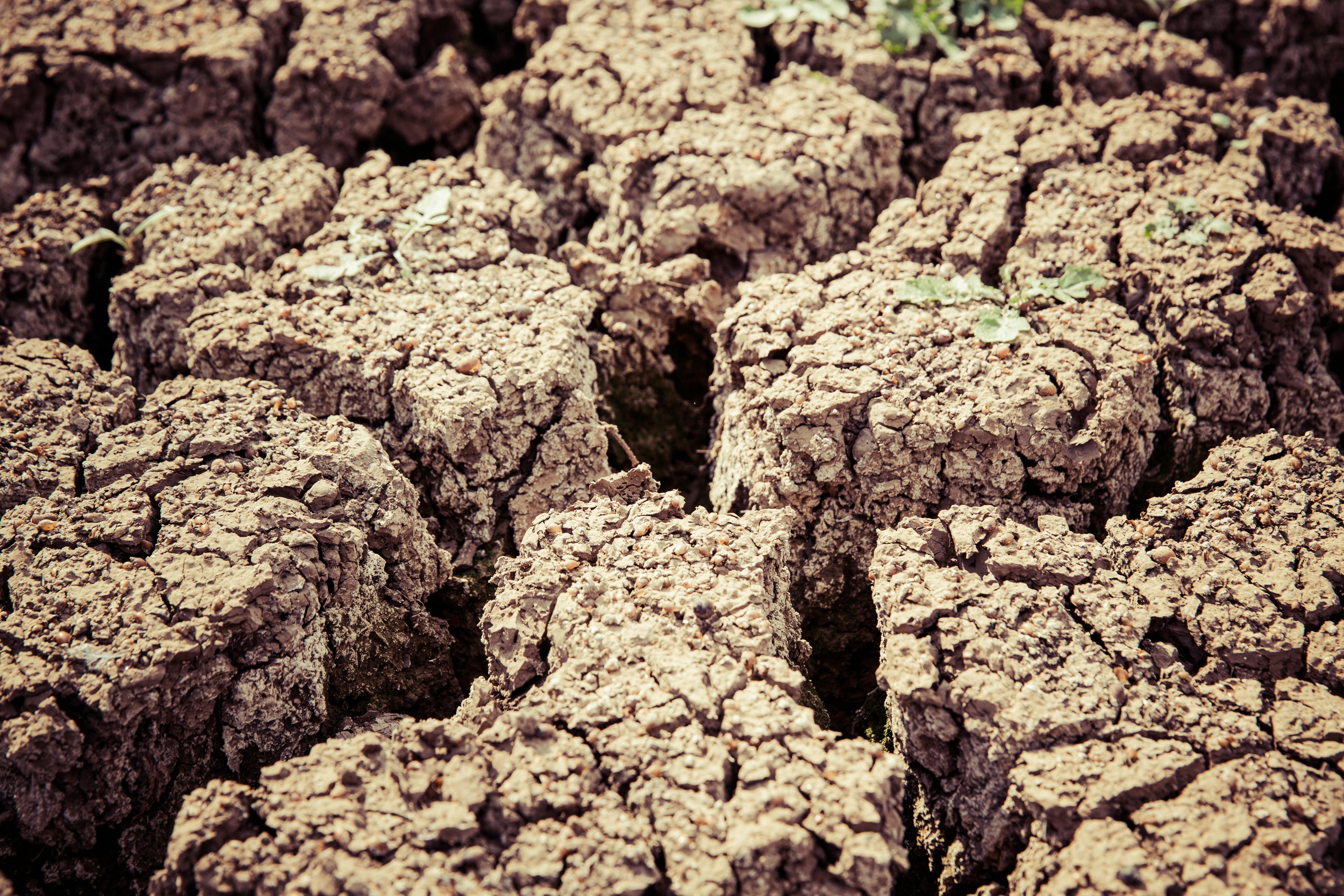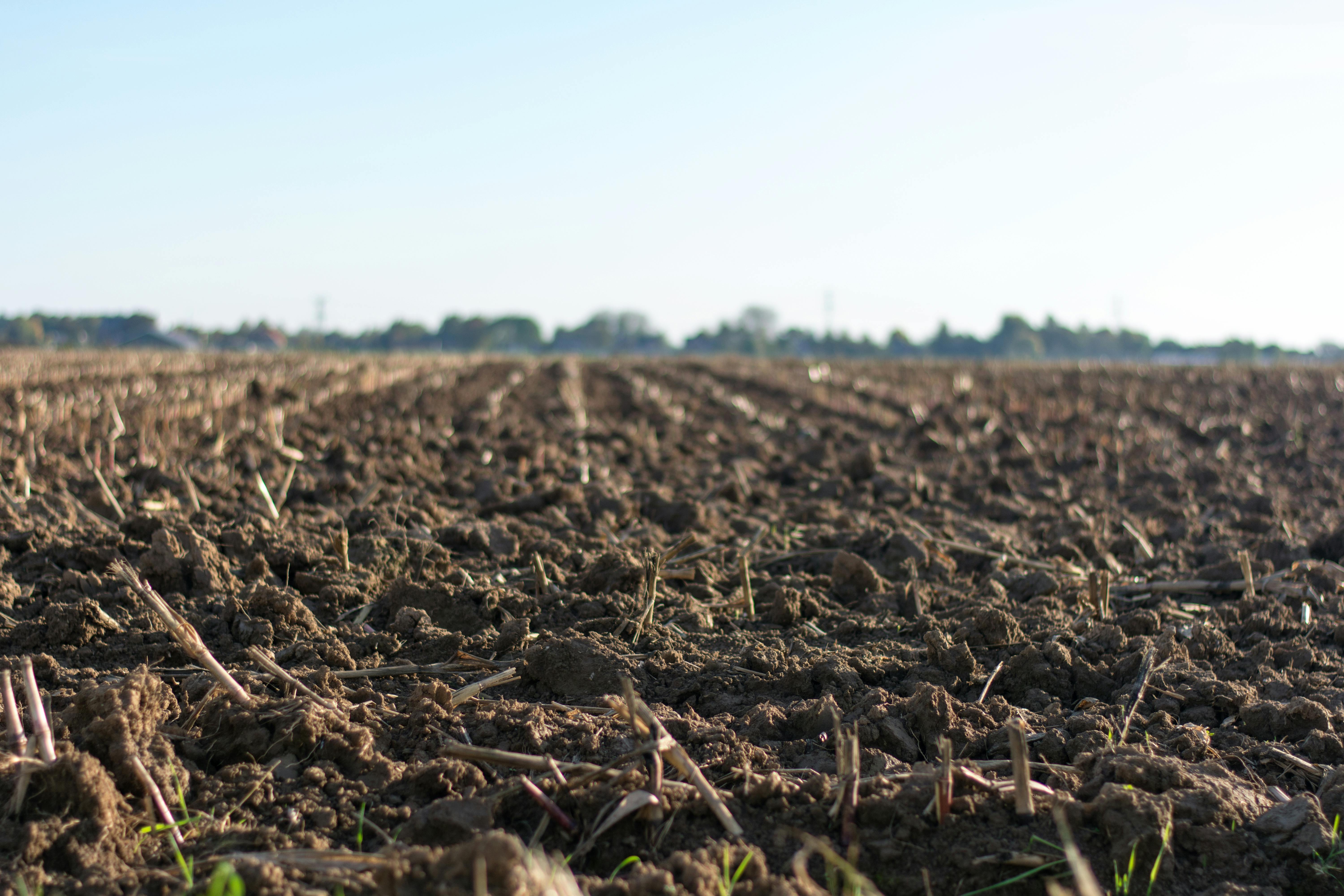Research Call for funding 2023

Research Workshop: Colonialism and Gender in the Making of the Global Modernity (16th-18th Centuries): the Patriarchal Turn and its Long-Lasting implications
- Awarded persons: Sandra Monton Subias
- Department: Humanities
- Type of action: Pilot project
The 16th, 17th and 18th centuries witnessed the rise of historical processes vital to molding the world to its present shape. Scholars have extensively studied the worldwide circulation of people, goods and ideas. However, the fact that gender ideology, gender policies, and engendered knowledge, technologies, skills and material culture were central to this ciruclation has not yet been thoroughly investigated, despite the dramatic consequences they have had on people of different ages and conditions. Indeed, early modern colonialism brought into co-existence people with different sex-gender systems, sometimes with an enormous cultural distance. Local understandings that proved incompatible with the ones brought and/or imposed by colonial agents were often disrupted, and a trend was then initiated towards gender standarization. This trend was fundamental in initiating the intensive global-scale environment degradation that we suffer today and in compromising human and non-human well-being.
This project aims at discussing how this global-planetary patriarchal turn and the subsequent exploitation and/or discrimination of all those that were progressively defined as "others" by the emergent modern patriarchal subject was enacted both locally and on a worldwide scale through specific mechanisms. We will investigate the specific mechanisms through which this transformation unfolded, encompassing material culture, daily practices, technologies, institutions, discourses, legislations, and myriad other facets.

ECOINDIE-G
- Awarded person: Júlia Vilasis Pamós
- Department: Communication
- Type of action: Pilot project
The ECOINDIE-G project was born from multidisciplinaryism, combining the fields of Communication and Education, betting on video games as a cultural product experimentation of narratives on climate change, but also dissemination of the scientific knowledge on questions of ecological awareness. As they point out, Picó, Gal'n-Cubillo and S'ez-Soro (2021), video-ludic interaction is a way of experimentation of art, science and sustainability, as well as the creation of spaces for co-creation and participation Direct citizen in global problems. In this sense, and beyond The artistic side of the video game, it is important to value the potential of the medium at the time of the video game transmit knowledge (Díaz-Chica, Santos-Fern).ndez and Matellanes-Lazo, 2021). Taking these issues into account, the ECOINDIE-G project proposes to select titles indie, analyze them and design a training toolkit for families, teachers and students.
This project aims to lay the foundations of an ecocritical literacy program media with a double objective: to vindicate the consumption and role of indie video games as cultural artifacts among young people; and provide tools for critical pedagogy in schools and institutes on the climate crisis.

Terraforming Earth Ecosystems in the Anthropocentric context
- Awarded persons: Ricard Solé
- Department: Medicine and Life Sciences
- Type of action: Pilot project
Our biosphere is experiencing unprecedented changes caused by global warming. Habitat destruction and degradation, along with water and nutrient depletion and pollution, are jeopardizing the maintenance of biodiversity in terms of species extinctions and population decays. Although conservation and restoration efforts are crucial in fighting these trends, the potential for an irreversible tipping point requires novel views. Our proposal in the Complex System Lab along with international collaborators such as Daniel Rodriguez Amor and Fernando Maestre, involves the use of synthetic biology as a way of engineering extant ecosystems. This Terraformation strategy aims to modify specific functional tratis of resident communities (in both natural and Anthropogenic systems) to protect diversity while fostering novel functionalities to avoid ecological collapse. Considering the multiscale nature of this challenge, from microcosm implementations to computational modelling, the different outcomes associated with terraformation strategies and future developments based on the creation of synthetic ecosystems.
